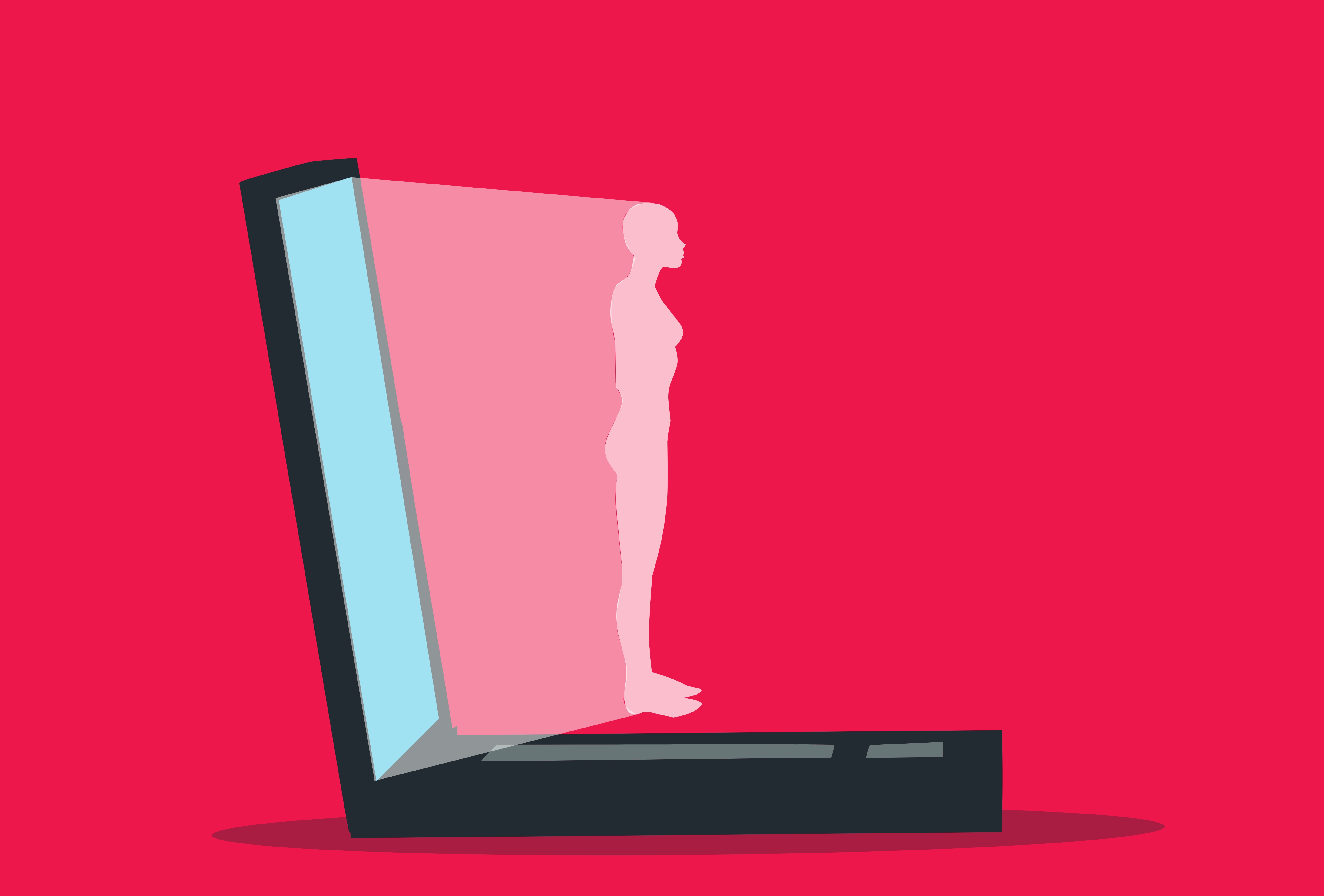A topian tale
It is the year 2072 and AI has failed mankind. The machines modeled after Isaac Asimov’s three laws did not allow them however to act upon their initial solution. The AI found that humans did not belong into a sustainable environment. At the root of the problem it found human consumption and both over and across time there seemed to be no change of behaviour while awareness of the issue of capitalism became more and more salient. Learning about human behaviour the database the machines could learn from was skewed toward marketing studies. After all that was the group most invested in implementing studied results. Most studies however were focused on how to optimize consumption rather than moderate it and since AI only learns from what is available it could only learn about how the optimal consumer is the optimal threat to sustainability. It should be eliminated, but the robot laws would not allow it.
After every calibration that led to the death of Bezos the machines were optimized again, until a more favourable outcome was computed. The AI eventually shifted its focus from what could not be changed to what could be and found improvements on logistics, reduced carbon emission by drawing electricity from the dams built around the shorelines of countries that otherwise would be flooded or eroded, and perfected laboratory meat by 2051.
Bubbles by 2051 were one of the few things left responsible for pollination since bees went extinct and with most other lifeforms not being around anymore due to droughts, wildfires and deforestation, humans considered themselves to be the lucky ones. At least the ones who could afford to survive. Most countries that were considered to be developmental were hit hardest while the ones which held capital safeguarded themselves against the effects of climate change. Tuvalu and its people no longer exists in the real world. Some travel agencies visited the islands most prone to sink, so they could augment it and sell the experience of living on the island to those who feel like they missed out visiting the pacific paradises. Travel by dream machine to The Maldives and The Solomon Islands was popularised long before the countries eventually sank in 2039.
With most of the work being automated the elite population slowly started to employ neural linked technology more and more often, slowly spending the majority of their times in a virtual reality. Their bodies nourished intravenous. Their muscles massaged. Their human experience knew nothing but joy as technological advancement guaranteed success. It was a brave new world. It was from that point on that the machines slowly but surely started to lose track of these entities as they were becoming part of the AI´s perfect sustainable environment. For over twenty years did the homo sapiens fully aware reap the benefits from an euphoric life. It was by then that the AI found an outlier in their perfect sustainable environment as what was taught to be a human in no way resembled the entities now occupying their ecosystem. Even their consumption did not resemble their definition of man.
It authorized the network to resort to its initial solution as these entities did not reflect humans. After that first massacre in 2072 the delusional elite sought refuge in areas that weren´t as AI-driven and were reliant on analogue technologies. Their saviours received them sceptically as they were well aware that these refugees brought this doom upon themselves. They called them luck chasers. They figured they could aid the luck chasers by showing them their ways. As the luck chasers learned more about agriculture and distribution of goods they gathered and concluded:
“We could optimize this…”



A fresh breath of creativity, thanks Vyas. I love the “infinite-loop” type of stories, makes you think about us as a society and us as individuals. Our hypocrisy and hubris. I really enjoyed it!
Great post, I hate how much I can actually see something like this happening. A scary timeline and let’s hope we can stay away from it.
Love how you put your imagination and creativity into this, while it all still does not seem too unreal. I hope that many of the things you described will not turn into reality though, especially in not in our lifetimes. Sadly, I think some of the things you described are very likely to actually happen, like the flooding of some island nations.